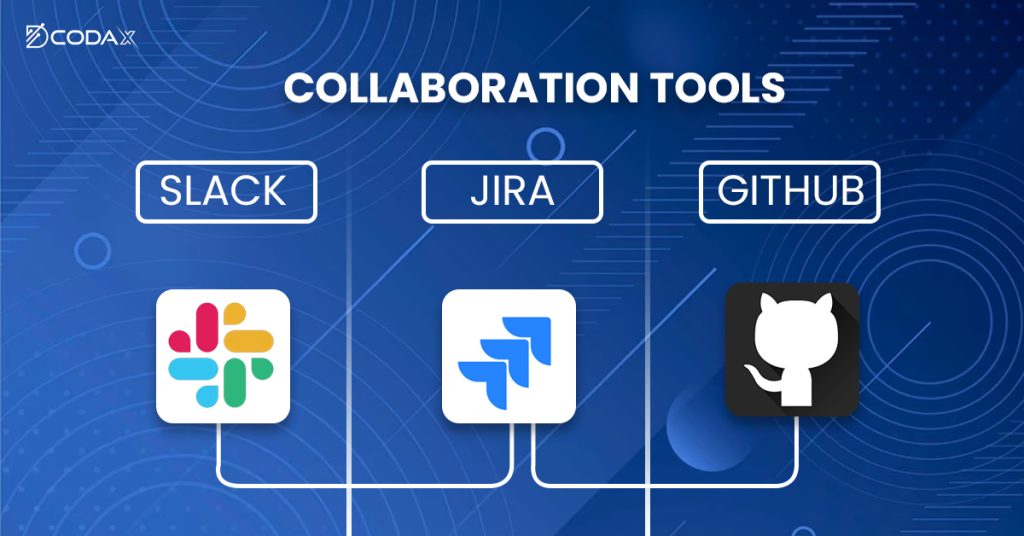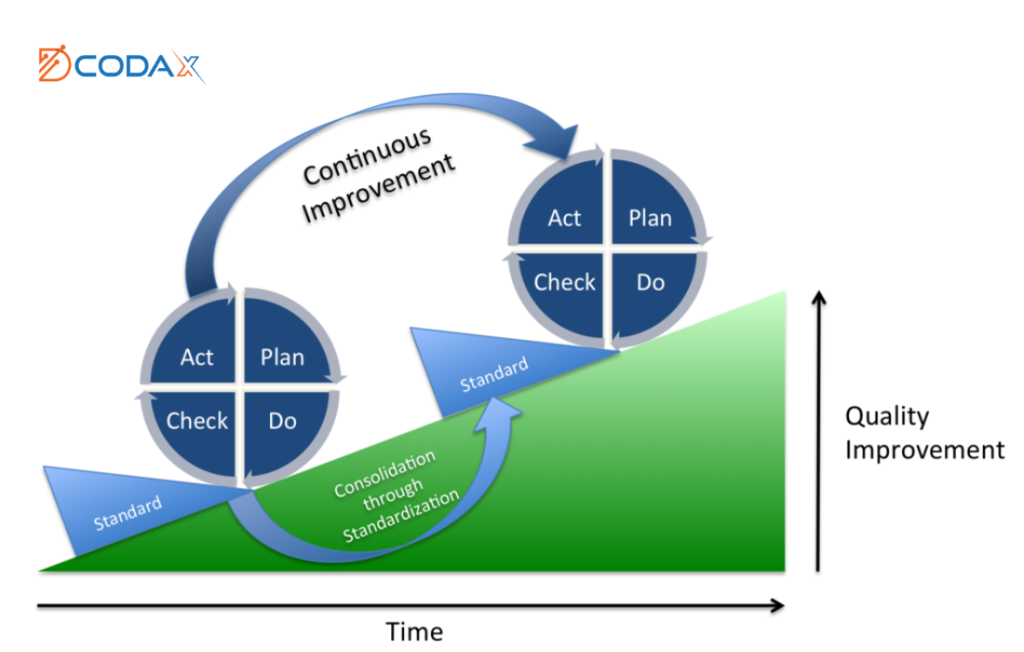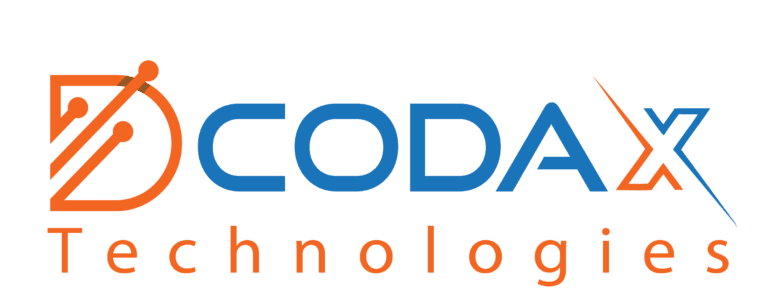Mastering the Art of Effective Collaboration: Driving Software Development Success

Collaboration lies at the heart of successful software development. In today’s fast-paced and interconnected world, the ability to foster effective teamwork and communication among developers, designers, and stakeholders is crucial for delivering outstanding results. By leveraging the right tools and implementing proven strategies, software development teams can unlock the full potential of collaboration, fueling innovation, enhancing productivity, and ensuring the alignment of project goals.
By embracing collaboration, software development teams can tap into a wealth of diverse perspectives and expertise, fueling creativity and problem-solving. It enables seamless knowledge sharing, promotes transparency, and encourages open dialogue among team members. Collaboration empowers developers, designers, and stakeholders to work together towards a shared vision, ensuring that the final product meets the needs and expectations of all involved parties.
The Need for Collaboration in Software Development
Before diving into the tools and strategies, let’s understand why collaboration is so crucial in software development. Collaboration brings together diverse perspectives, skills, and expertise, enabling teams to tackle complex problems and develop innovative solutions. It enhances the efficiency of development processes, reduces errors, and boosts productivity by leveraging the collective intelligence of the team.
By fostering collaboration, developers, designers, and stakeholders can align their visions and goals, ensuring that the final product meets the expectations of all parties involved. Effective collaboration also promotes better decision-making, as teams can collectively assess risks, analyze trade-offs, and find optimal solutions.
Collaboration Tools: Streamlining Communication and Workflows

a) Slack: The Virtual Collaboration Hub
Slack has revolutionized the way teams communicate and collaborate in software development projects. With its intuitive interface and powerful features, Slack provides a centralized platform for real-time messaging, file sharing, and team collaboration. Developers can create dedicated channels for specific projects, enabling focused discussions and efficient communication. Integrations with various tools and services further enhance productivity by automating workflows and consolidating information.
b) Jira: Empowering Agile Project Management
Jira has emerged as a go-to tool for agile project management and issue tracking. It enables teams to create user stories, track tasks, and manage sprints in a collaborative manner. With Jira, developers, designers, and stakeholders can have a unified view of project progress, making it easier to identify bottlenecks, prioritize tasks, and ensure timely delivery. Its customizable boards and workflows empower teams to tailor the tool to their specific needs, enhancing collaboration and efficiency.
c) GitHub: Collaboration with Version Control
GitHub, a leading platform for version control and code collaboration, plays a pivotal role in modern software development. It allows teams to manage source code repositories, track changes, and collaborate seamlessly on coding projects. Developers can work together on different branches, review each other’s code, and merge changes efficiently. GitHub’s issue tracking, pull request, and code review features facilitate effective collaboration and enable teams to build robust and reliable software.
Information Architecture: Structuring for Clarity and Efficiency:

a) Clear and Transparent Communication
Clear and transparent communication is the foundation of effective collaboration. Teams should establish open channels for communication, ensuring that all members have access to necessary information and updates. Regular team meetings, both virtual and in-person, can foster a sense of camaraderie and facilitate the exchange of ideas. Additionally, providing clear guidelines for communication protocols and expectations helps avoid misunderstandings and keeps everyone on the same page.
b) Agile Methodologies: Embracing Flexibility and Adaptability
Agile methodologies, such as Scrum or Kanban, promote collaboration by emphasizing flexibility and adaptability. By breaking projects into manageable sprints or tasks, teams can work collaboratively towards incremental goals. Regular stand-up meetings encourage transparency, facilitate problem-solving, and enable effective coordination between team members. Agile methodologies promote iterative development, ensuring that feedback from stakeholders is incorporated at each stage of the project.
c) Collaboration and Empathy
Building a collaborative culture requires fostering empathy and understanding among team members. Recognizing and appreciating the diverse perspectives and strengths that each individual brings to the table promotes a sense of belonging and encourages active participation. Encouraging constructive feedback, maintaining a positive and inclusive environment, and providing opportunities for skill development and growth can enhance collaboration and team dynamics.
Virtual Collaboration: Bridging the Distance Gap

In an increasingly globalized and remote work environment, virtual collaboration has become essential for software development teams. This heading explores the tools and strategies that enable effective collaboration among geographically dispersed team members.
a) Video Conferencing: Bringing Face-to-Face Interactions Online
Video conferencing tools like Zoom, Microsoft Teams, or Google Meet have become invaluable for virtual collaboration. These platforms facilitate real-time communication, enabling teams to have face-to-face interactions regardless of their physical locations. Video conferences promote a sense of connection, enhance non-verbal communication cues, and foster collaboration by facilitating virtual meetings, brainstorming sessions, and presentations.
b) Virtual Whiteboarding and Collaborative Editing: Enhancing Visual Collaboration
Visual collaboration tools such as Miro or Microsoft Whiteboard enable teams to brainstorm, plan, and collaborate on ideas and concepts in real-time. These platforms mimic the experience of traditional whiteboards, allowing team members to ideate together, create diagrams, and annotate documents simultaneously. Collaborative editing tools like Google Docs or Microsoft Office 365 also enable multiple users to work on documents simultaneously, fostering real-time collaboration and reducing version control issues.
Cultivating a Culture of Continuous Improvement

Effective collaboration in software development is not a one-time effort but an ongoing process. This heading explores the importance of cultivating a culture of continuous improvement to optimize collaboration and enhance project outcomes.
a) Retrospectives: Reflecting on Collaboration and Identifying Areas for Growth
Retrospectives provide teams with a dedicated space to reflect on their collaboration practices and identify areas for improvement. By conducting regular retrospectives at the end of sprints or projects, teams can assess what worked well, what could be improved, and implement actionable changes. This practice fosters a culture of learning and adaptation, promoting continuous improvement in collaboration processes.
b) Knowledge Sharing and Documentation: Ensuring Accessible and Updated Information
Knowledge sharing and documentation play a crucial role in collaboration. Creating a centralized knowledge base or wiki where teams can document processes, best practices, and lessons learned ensures that information is easily accessible to all team members. Regular updates and maintenance of documentation keep it relevant and contribute to a shared understanding of project requirements and processes.
Conclusion: Harnessing the Power of Collaboration for Success
In the fast-paced and complex world of software development, effective collaboration is a linchpin for success. By embracing virtual collaboration tools, bridging geographical gaps, and cultivating a culture of continuous improvement, teams can unlock the full potential of collaboration. Virtual collaboration tools enable seamless communication and visual collaboration, while a culture of continuous improvement ensures that collaboration processes are refined and optimized over time.
As software development continues to evolve, the importance of effective collaboration will only grow. By embracing the tools, strategies, and cultural mindset discussed in this blog, software development teams can navigate challenges, foster innovation, and deliver exceptional results. So, let’s harness the power of collaboration and embark on a journey towards software development excellence!
About us
Collaboration lies at the heart of successful software development, and at Dcodax, we understand its profound impact. We are dedicated to mastering the art of effective collaboration, empowering our clients to achieve software development success.
In today’s dynamic tech landscape, seamless collaboration is vital for creating exceptional software solutions. Our team at Dcodax embraces a collaborative approach, fostering open communication, and encouraging cross-functional teamwork.
We believe that effective collaboration fuels innovation and accelerates project delivery. By bringing together diverse perspectives, our team leverages collective expertise to overcome challenges and unlock new possibilities.
At Dcodax, we prioritize clear communication channels, ensuring everyone is aligned with project objectives. Our collaborative workflows streamline development processes, promoting transparency, efficiency, and productivity.
With our deep understanding of the software development lifecycle, we excel at harmonizing the efforts of designers, developers, and stakeholders. Through continuous collaboration and iteration, we refine and perfect your software solutions, ultimately exceeding your expectations.
Choose Dcodax to drive your software development success through effective collaboration. Together, we’ll master the art of teamwork, harness the power of collective intelligence, and create transformative software solutions that propel your business forward.
With Dcodax by your side, the sky’s the limit!
For Any Type of Free Consultancy, Dcodax is Always Available for your Help.
For more; Contact Us Now





